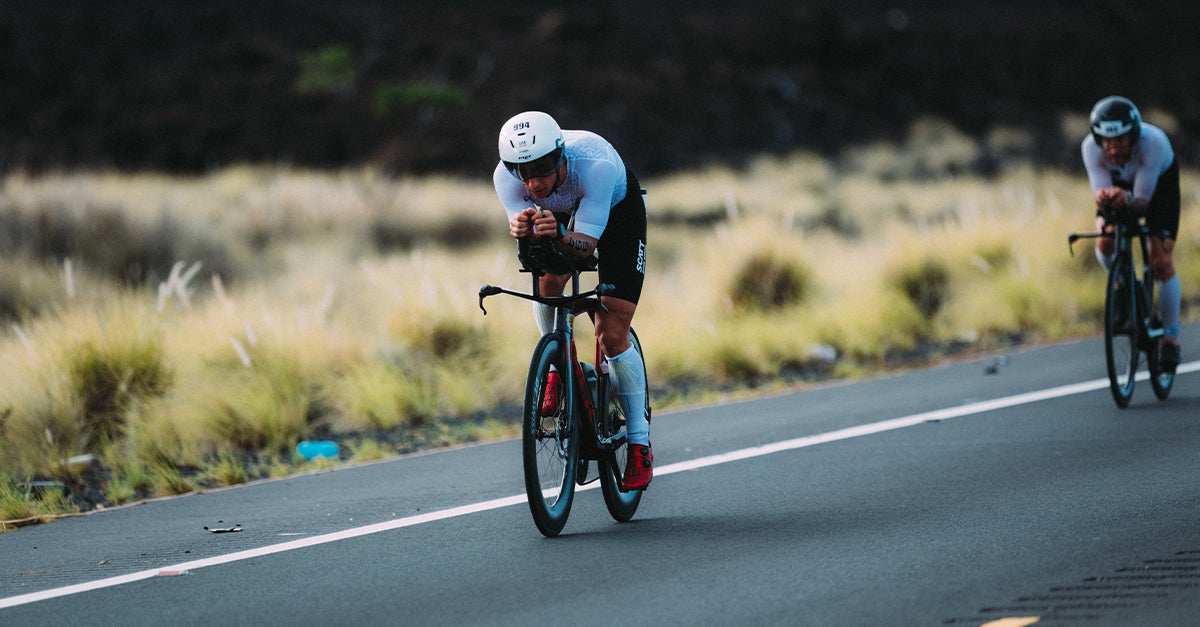Nutrient Adequacy in Endurance Athletes
Whether it's running marathons, swimming, cycling, or any other endurance sport, optimal performance requires more than just training and discipline. One of the fundamental pillars that is often overlooked is nutrition! Through it, we can ensure nutrient adequacy. In today’s post, I will bring information and facts about the importance of nutrient adequacy for endurance athletes. Let’s go!
Nutrition is one of the key factors for endurance athletes to achieve performance, recovery, prevent injuries, and maintain good health. Unfortunately, it is still quite common for these athletes to not meet all their energy and nutritional needs. In other words, they consume less than they really need!
The adequacy of nutrients refers to the consumption of the right balance of essential nutrients to meet the body's needs for optimal health and performance. For endurance athletes, this becomes even more critical due to the increased demands during prolonged periods of physical activity. These athletes require a careful balance of macronutrients (carbohydrates, proteins, and fats) and micronutrients (vitamins and minerals) to provide energy for their training, aid in recovery, and sustain overall health.
Studies have shown that inadequate intake of energy (calories) and nutrients can increase the risk of overtraining syndrome (i.e., when training exceeds the body's capacity to recover), infectious diseases, and stress fractures.
Despite the importance of proper nutrition, previous studies have shown that many athletes do not meet adequate intake levels of energy, macronutrients, and micronutrients. Additionally, several studies from different countries have demonstrated that athletes do not consume sufficient amounts of carbohydrates, proteins, dietary fiber, and essential fatty acids such as linoleic acid, alpha-linolenic acid (ALA), eicosapentaenoic acid (EPA), and docosahexaenoic acid (DHA) – examining the intake of essential fatty acids is crucial because they help with body weight maintenance and reduce inflammation!
In addition to inadequate intake of various macronutrients, many athletes have reported insufficient intake of thiamine, riboflavin, niacin, vitamin B6, vitamin B12, pantothenic acid, biotin, folate, vitamins A, C, D, E, and K, potassium, calcium, zinc, phosphorus, manganese, chromium, molybdenum, selenium, and magnesium. Seems like a lot, right? And it is!
Some key nutritional considerations:
Carbohydrates: Carbohydrates serve as the primary energy source for endurance activities. Athletes should focus on consuming both simple and complex carbohydrates, such as whole grains, fruits, and vegetables, to provide sustained energy throughout their training sessions and competitions. They also aid in recovery, alongside proteins!
Proteins: Proteins play a crucial role in muscle repair and recovery. Endurance athletes should aim to include high-quality protein sources in their diet, such as lean meats, poultry, fish, eggs, dairy products, and legumes. In some cases, supplements are also highly beneficial to complement protein needs and accelerate recovery, especially after long and intense training sessions.
Fats: While carbohydrates are the primary energy source during endurance exercise, fats also play a role in providing energy, especially during long-duration activities. In addition, fats are essential for the absorption of vitamins A, D, E, and K, and for hormonal function.
Hydration: Proper hydration is essential for maintaining performance and preventing dehydration, which can impair athletic performance. Athletes should drink an adequate amount of fluids before, during, and after exercise, paying attention to electrolyte balance, especially during prolonged training in hot conditions. We have several posts on this topic here on the website!
Micronutrients: Endurance athletes have increased nutritional needs due to elevated oxidative stress and energy expenditure. Consuming a variety of fruits, vegetables, whole grains, and nuts can help ensure adequate intake of essential vitamins and minerals to support immune function, bone health, and overall well-being. And when necessary, supplementing to address any deficiencies the athlete may have.
Strategies to achieve nutrient adequacy:
Planning: Plan balanced meals and snacks that include a variety of nutrient-dense foods to meet energy and nutritional needs throughout the day.
Timing: Pay attention to meal and snack timing around training sessions to optimize energy levels and support recovery.
Individualization: Nutritional needs vary among athletes based on factors such as training intensity, duration, body composition, and metabolism. Work with a sports nutritionist to tailor nutrition recommendations to individual needs!
Supplementation: Although food should be the main source of nutrients, supplementation may be necessary to address specific deficiencies or improve performance. However, consult a healthcare professional before starting any supplementation regimen!
For most athletes, it is likely that the number of calories consumed contributes to nutritional inadequacies, as many do not meet their energy needs. Some studies have also shown that athletes tend to make poor food choices, which may explain why many do not meet their nutritional requirements (especially for micronutrients). In other words, we cannot focus only on a quantitative diet; it also needs to be qualitative!
Referências:
Baranauskas, M.; Stukas, R.; Tubelis, L.; Žagminas, K.; Šurkiene, G.; Švedas, E.; Giedraitis, V.R.; Dobrovolskij, V.; Abaraviˇ cius, J.A. Nutritional Habits among High-Performance Endurance Athletes. Medicina 2015, 51, 351–362.
Moss K, Kreutzer A, Graybeal AJ, Zhang Y, Braun-Trocchio R, Porter RR, Shah M. Nutrient Adequacy in Endurance Athletes. Int J Environ Res Public Health. 2023 Apr 11;20(8):5469. doi: 10.3390/ijerph20085469. PMID: 37107749; PMCID: PMC10138386.
Nutrition and Athletic Performance. Medicine & Science in Sports & Exercise 48(3):p 543-568, March 2016. | DOI: 10.1249/MSS.0000000000000852


